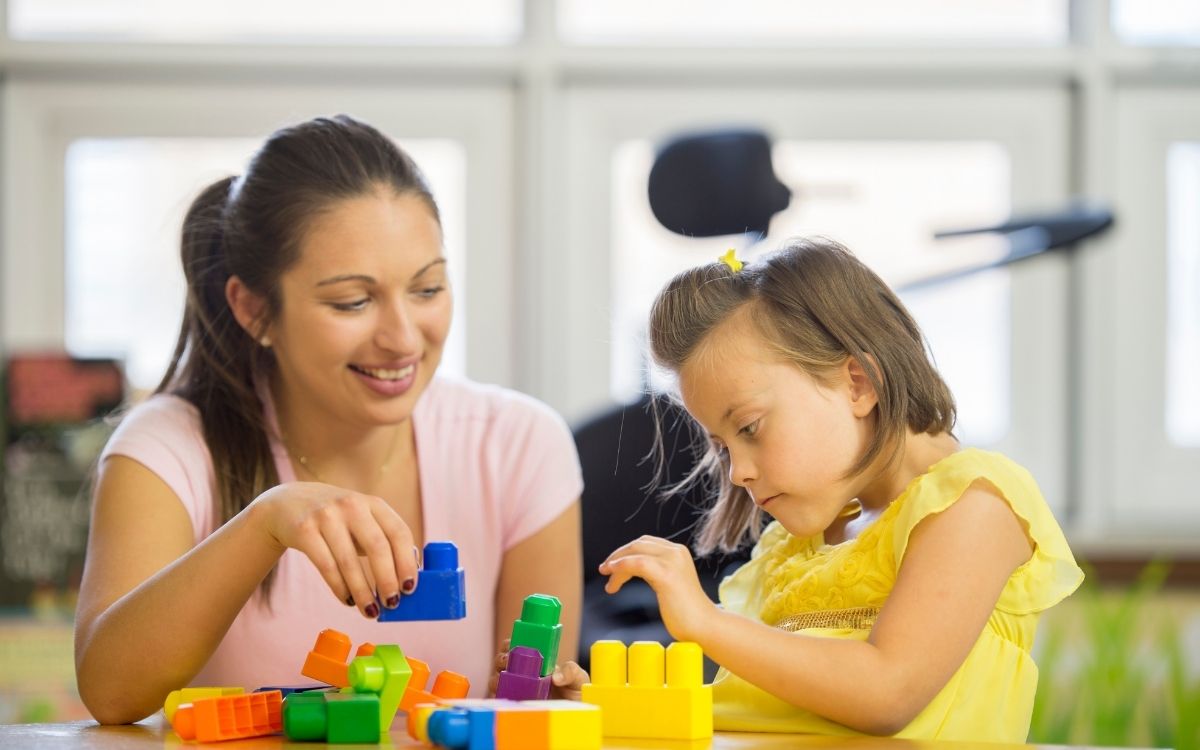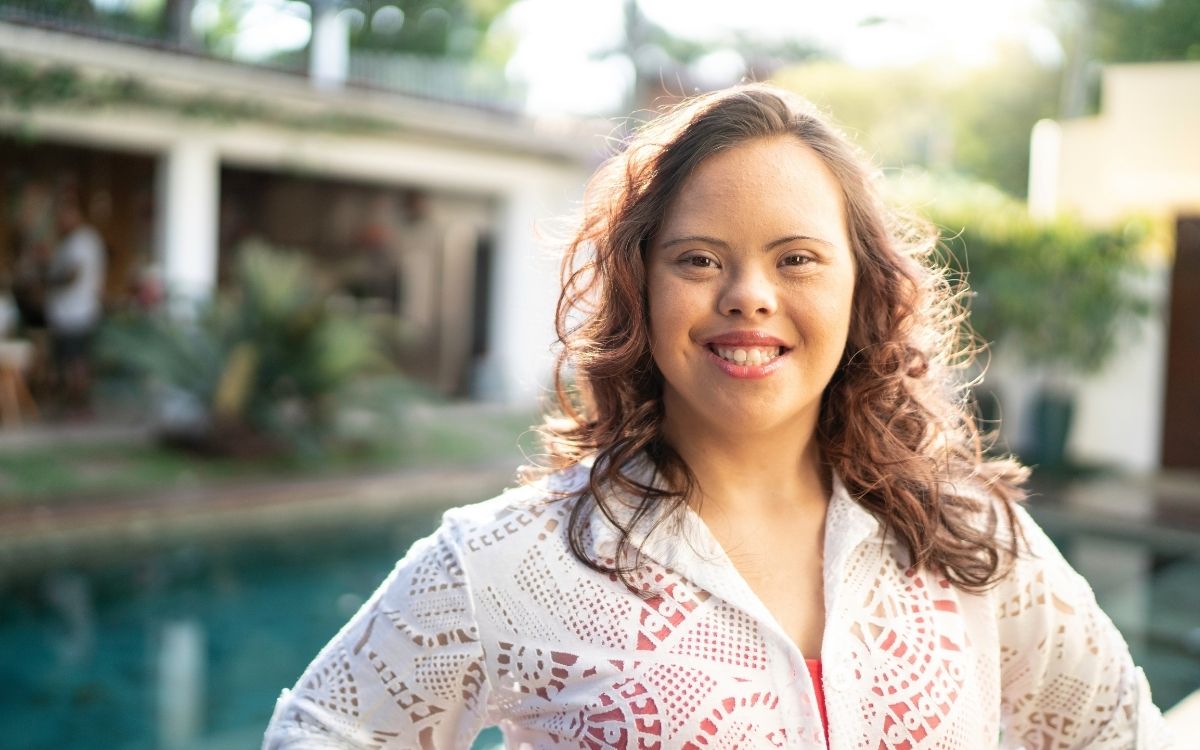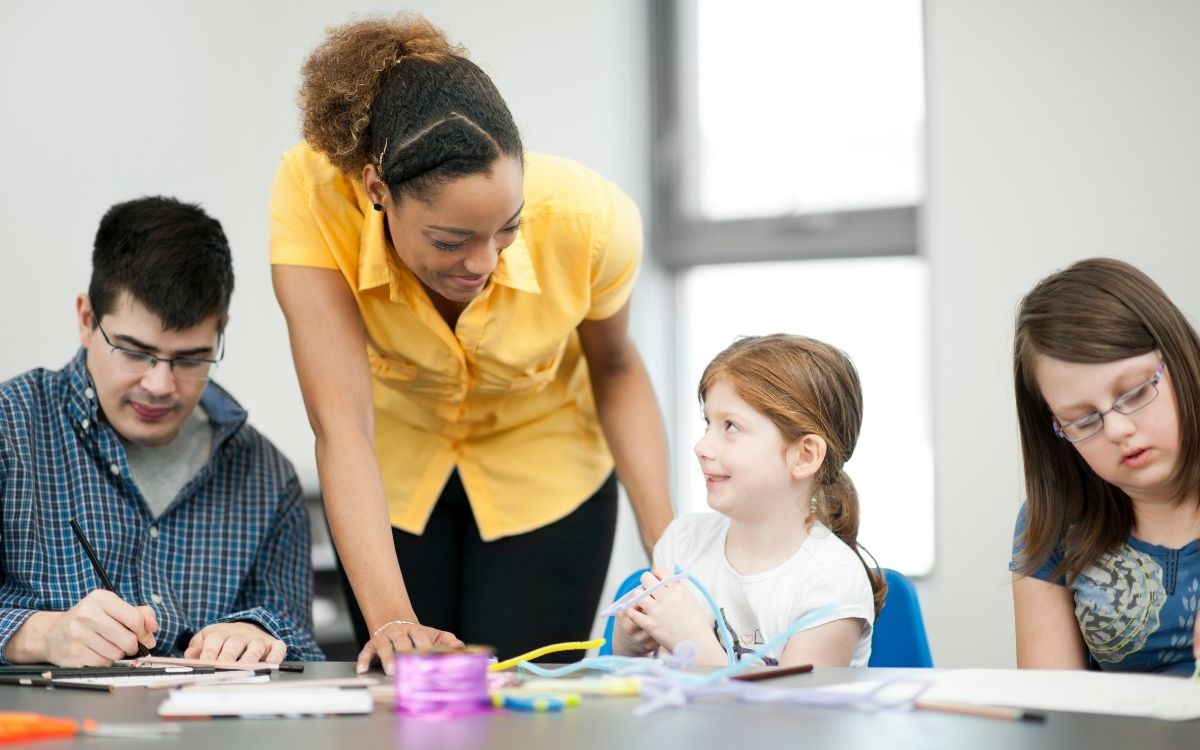Special education, rather than being a stand-alone entity, is a vital component of the wider educational system as a whole. It is necessary to use special education to increase the ability of a school system to satisfy the educational needs of all children. A significant reason why special education is important is the positive and life-changing impact it has on the students who engage in special education programs.
Children with emotional, behavioral, cognitive, or intellectual issues; students who are academically gifted; and children with physical or neurological issues are all considered to be in need of special education services.
What Is Special Education Exactly?

The term “special education” refers to a variety of additional teaching, support, and service options available to kids who have academic, behavioral, health, physical, or other specific requirements that cannot be satisfied by regular educational methods.
Special education contains a wide scope of educational programs aimed at assisting children with special needs. Special education isn’t a one-size-fits-all approach; rather, it’s tailored to the specific requirements of each child. An Individualized Education Plan (IEP) is created for children who qualify for special education.
What Is an IEP?
Individualized Education Plans (IEPs) are developed for students who require special education services (IEP).
- IEP helps focus on individual learning goals
- Family members assist in goal setting for the IEP
- IEP provides accommodations and modifications to the learning environment
- IEPs are based on individual student needs
At no expense to their families, they get specialized instruction and other services. As well as working with a child’s strengths, specialists work with them on their weaknesses. Families have an important role in determining what children require in order to succeed in school.
The goal of special education is to assist children who are in need of special accommodations with their education. One student’s services and assistance may be vastly different from another student’s. Giving each kid the tools they need to succeed in school is of utmost importance.
The majority of the day could be spent in a general education classroom, for example. Working with a professional for just a few hours is possible for certain students. Moreover, certain children with learning difficulties may necessitate attending a particular school or alternative school that suits them.
No matter what obstacles they experience, every child has a right to an equal opportunity to succeed. Special education accommodations are effective in the lives of students and teachers for a variety of reasons. Children with learning difficulties benefit greatly from special education because it allows them to get an education that is tailored to their specific needs.
Every student with a disability may achieve their full potential with the help of special education. Education for children with special needs is mandated by the Individuals with Disabilities Education Act (IDEA), and its goal is to help these children reach their full potential.
One of the most significant advantages of special education is the opportunity for students to get an education that is both tailored to their specific needs and entirely unique to them. Students with learning impairments or mental health issues are among the special needs youngsters.
What Is the Goal of Special Education Services?
The primary goal of special education is to give individuals with special needs chances for growth and a learning process that will enhance their life quality.
Schools and government agencies that provide free, suitable education are required to work together in order to accomplish this goal. With the support of special educators and advanced classrooms, children may learn in accordance with their individual requirements and talents.
Special-needs children benefit greatly from this process because they are included in their communities, which allows them to grow more self-sufficient and content, as they are surrounded by others who understand and support their unique requirements.
How Does Special Education Positively Influence Students?

- Positive influence on psychological growth and development
- Sets students up for academic success
- Academic performance improves
- Social and emotional skills are enhanced
- Students are treated equally with zero tolerance for discrimination
High-quality education for children with learning difficulties has been shown to have a favorable influence on both their psychological development and their academic success in school. The provision of special education can also make a difference in the social and emotional capacities of children, as well as their academic performance. Even if a child is experiencing challenges, adopting the necessary precautions can help to ensure that he or she does not become socially isolated or alienated. If other individuals are more accepting of their impairment, they will be regarded as equal members of the community.
What Are the Benefits of Special Education?
- Smaller class sizes
- Easier for children to socialize and learn
- More academic assistance from teachers and aids
- One-on-one guidance
- Individual behavioral and academic goals
- Teachers and care providers who are specially trained
The benefits of special education are numerous and long-lasting. When a kid is placed in a special education classroom, they will almost immediately see a favorable influence from their new surroundings on them. In the first place, it should be noted that the class sizes are a little less than those in a typical classroom. Because there are fewer pupils in the classroom, it is possible that children may have an easier time forming friends. The instructor and teacher’s helpers provide far more assistance, which is understandable given the tiny size of the student body.
The hurdles that children with learning and developmental issues have in a big group learning environment may be daunting, and they are frequently disheartened by the roadblocks they confront. Furthermore, these children are obliged to take a number of standardized examinations, which presents a huge hurdle to their academic success. Individuals are usually created in a manner that is diametrically contrary to the manner in which they connect with and process information in their everyday lives. Special education classes employ a variety of approaches to aiding kids with these situations.
A one-on-one assistant can also be provided in a special education classroom to assist a kid who is unable to participate in the group setting. In addition to special education accommodations, Individualized Education Plans (IEPs) are a significant advantage. Parental understanding that special education is crucial to their children’s development will be beneficial because their children will have more time to comprehend the knowledge that is being presented to them in school.
Rules and procedures are also in place for teachers to follow in order to meet the requirements of their students and to ensure that they do well in both behavioral and academic duties. Certain teachers with specializations in Special Education may be able to teach at all levels of understanding if they have the appropriate training and experience.
How Do You Qualify for Special Education?
Special education students are identified by a systematic approach undertaken by school districts to identify students who require such assistance. Most children are given academic and neurological evaluations in order to determine if a child meets the criteria for special education services.
This is an in-depth investigation of the way kids think and perceive the world. In addition, the research investigates the features of growth in general. Both the school and the family of a kid have the right to request a psychological examination. When a school agrees to conduct an evaluation, the testing will be provided at no cost to the family.
Why Is Special Education an Important Element of the Basic Education Program?
Special education students are given a different approach to learning, but they are all given the same amount of time and tools to do it, regardless of their background. Students’ needs can be satisfied through differentiated education, which involves adapting course content to fit each student’s specific talents and interests.
Special needs education is required to ensure that students reach their full potential, which shows us how important special education is as an element of general education. With special education programs and services, kids are able to mature and develop into valuable contributors to society as they grow older. If special needs children were reduced to common classrooms that weren’t able to meet their needs, they would not be able to learn and improve in the same way that they would in a special education program.
As a result of learning issues and other difficulties, many children require the assistance of special education services and schools, making special education a vital and important part of the overall educational system. Students with behavioral, learning and physical challenges might benefit from special education. Some parents may be perplexed as to how a school for children with special needs differs from a regular one.
Teachers in traditional schools frequently lack training and expertise in working with students who have challenges in the areas of learning. Behavioral, physical, and emotional issues, as well as developmental difficulties, are common among children with special needs. To avoid the risk of not receiving the attention they require in a regular school, parents often choose to enroll their children in special needs schools. These schools employ educators who have received specialized training and expertise in working with children with special needs.
Overall Importance of Special Education

- Helps children overcome difficulties in the classroom
- Helps students seek assistance and ask for help
- Teachers who are specially trained
- Supports individual learning styles
- Assist students with various accommodations
- Prepare students for lifelong success
Children who need extra support benefit from special education services because it allows them to concentrate on their difficulties, and overcome them. It also assists children in becoming more comfortable with the idea of seeking assistance and not being afraid to ask for help. Students with special needs are easily matched with educators who are familiar with their needs in special education. Individual learning styles among children can be identified with the help of special education professionals and programs.
Special education assistance can aid in identifying the most effective test-taking strategies for students. Special education programs can assist students in obtaining special testing accommodations. Because of special education programs, students are taught new strategies to help them understand what they are learning. Students in special education are better prepared for lifelong success.
Related Articles
- What are the Different Types of Special Education Services?
- What Are the Advantages and Disadvantages of Student-Centered Learning?
- What are The Pros and Cons of Virtual Learning?
- What Are the Pros and Cons of Zoom for Education?




